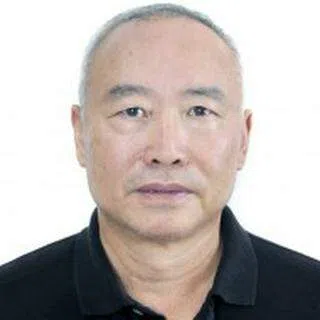Chinese professor: Did Trump choose the wrong team?
Trump’s picks for his team is not simply about rewarding loyalty; it reflects key geopolitical goals for his second term. In this case, the idea of “kakistocracy” — rule by the worst people — misses the mark, says Chinese professor Xiang Lanxin.
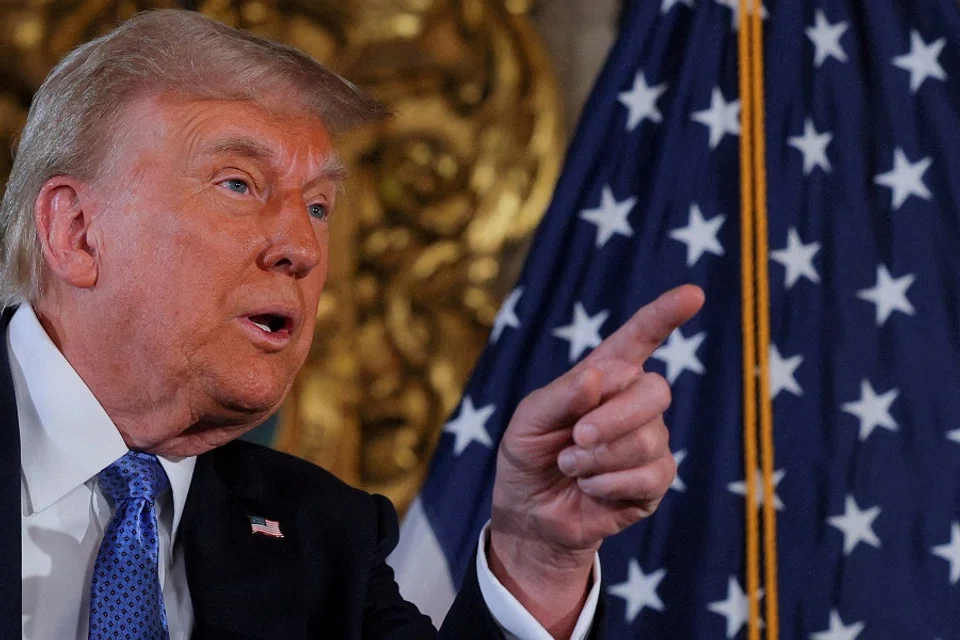
Trump’s personnel appointments reveal a focus on balancing various factions within his decision-making team. His foreign relations team is currently divided into three main camps.
Trump’s three camps
The first, the “America primacists”, advocates for absolute global military dominance and believes in symmetric containment — suppressing any competitor across all domains regardless of context. This group prioritises ideological warfare, human rights, and trade and technology conflicts.
The second camp, the “strategic restrainers”, supports asymmetric containment, prioritising selective competition on critical national interests and security issues. They propose reduced military spending, a smaller global footprint and increased responsibilities for allies. They also oppose trade wars and ideological battles, believing that the promotion of American values is unlikely to be effective.
The third camp, “Indo-Pacific First” proponents, identify as realists and prioritise the Asia-Pacific region as America’s core interest. They advocate diminishing Europe’s importance in US geostrategy, shifting military resources towards the Indo-Pacific, and prioritising China’s containment.
Key nominees across the three camps
The first camp is represented by Trump’s pick for secretary of state, senator Marco Rubio, and also includes White House trade adviser Peter Navarro. Although they are not extremely powerful, they have deeply rooted anti-China sentiments.
Achieving internal consensus on a common strategy within any government is always challenging, but it may be particularly difficult for the incoming administration due to their many differences and strong personalities, which makes cooperation challenging.
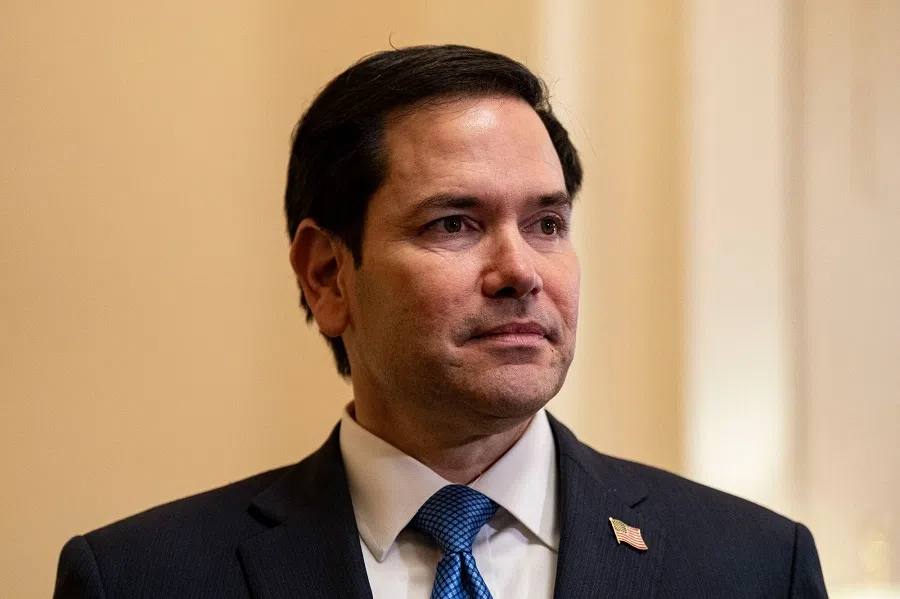
The second camp includes defence secretary nominee Pete Hegseth, CIA director nominee John Ratcliffe, director of national intelligence nominee Tulsi Gabbard and virtually the entire economic team mainly composed of Wall Street magnates and business figures, including Scott Bessent (treasury secretary nominee), Howard Lutnick (commerce secretary nominee), and David Perdue (ambassador to China nominee).
These individuals oppose trade wars, evidenced by the diminished status of the trade representative nominee, a known trade war proponent, who will now report directly to the commerce department.
The third camp — not to be underestimated — is represented by Vice-President-elect JD Vance and includes national security adviser nominee Michael Waltz.
All three groups will have a place in the Trump administration. Achieving internal consensus on a common strategy within any government is always challenging, but it may be particularly difficult for the incoming administration due to their many differences and strong personalities, which makes cooperation challenging.
The Economist chose “kakistocracy” as the keyword for 2024, suggesting that Trump’s picks are not just bad people, they are also incompetent. However, this view is flawed because it fails to grasp the major geopolitical issues of Trump’s second term.
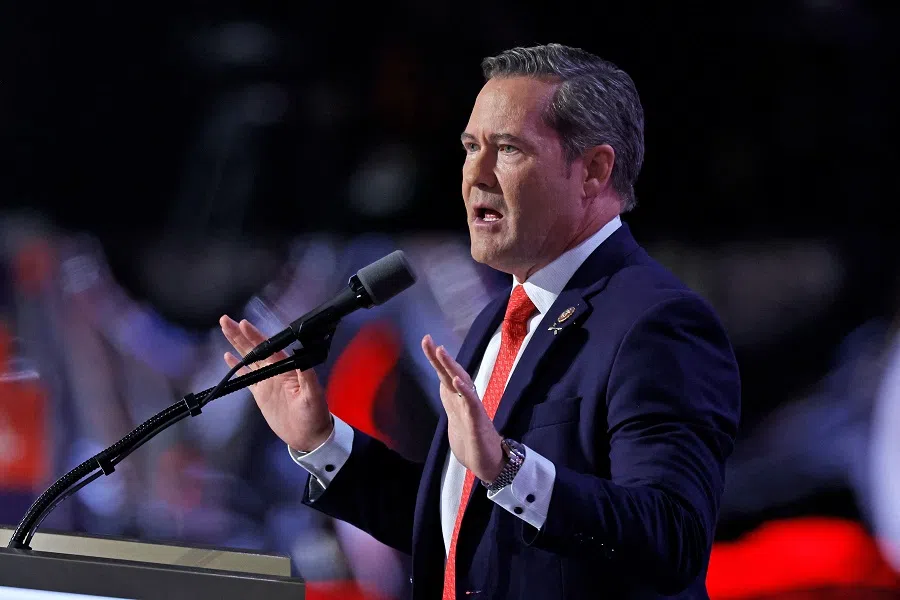
Why did Trump establish such a decision-making team? It is inaccurate to explain it solely from the perspective of “political reward” or “loyalty first”. The Economist chose “kakistocracy” as the keyword for 2024, suggesting that Trump’s picks are not just bad people, they are also incompetent. However, this view is flawed because it fails to grasp the major geopolitical issues of Trump’s second term.
Divide and conquer?
The Trump administration faces a dilemma: should it focus on strengthening military deterrence against the four most important and increasingly united adversaries of the US — China, Russia, North Korea and Iran? Or, given the high costs and risks of war, will Trump attempt to split responsibility for the four countries among American allies, or at least transfer the burden of deterrence and containment to US allies and their partners?
It is clear that Trump will inevitably choose the latter. Trump is eager to end the Russia-Ukraine war and the Middle East war of the Biden era, so as to quickly initiate what he sees as the most effective summit diplomacy and implement a strategy of division.
Judging from personnel appointments, his tariff war might be more bark than bite as he has appointed an all-Wall Street team to key economic positions.
Moreover, although Trump is the self-proclaimed “tariff man”, the feasibility of his plan to wield the tariff stick remains questionable. Judging from personnel appointments, his tariff war might be more bark than bite as he has appointed an all-Wall Street team to key economic positions.
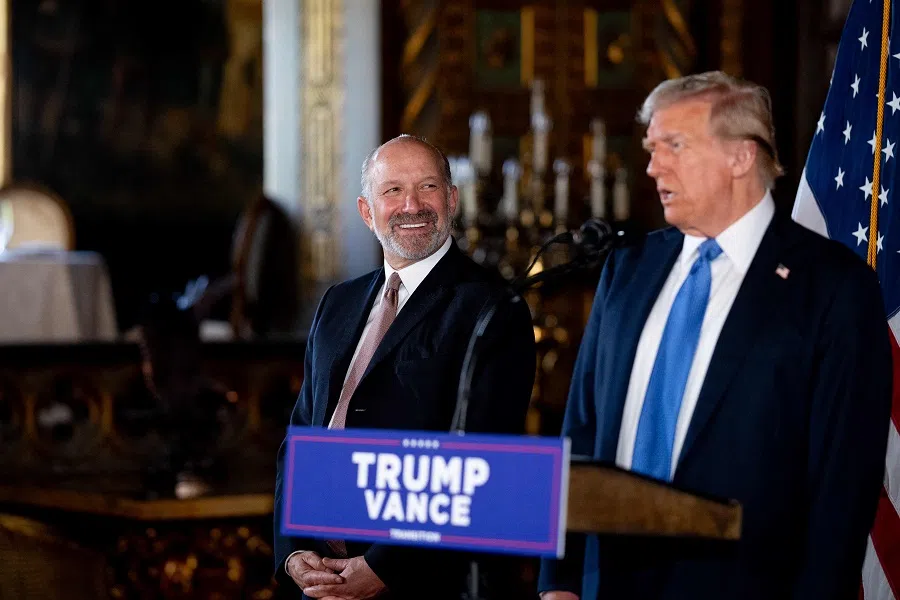
Scott Bessent (treasury secretary nominee) and Howard Lutnick (commerce secretary nominee) are billionaires from the finance industry who have previously expressed their opposition against broadly weaponising tariffs. Lutnick has consistently asserted that Trump’s proposal to wage a tariff war is primarily a bargaining tactic, while Bessent reportedly wrote that the “tariff gun will always be loaded and on the table but rarely discharged”. White House National Economic Council chairman Kevin Hassett, meanwhile, is a traditional right-wing economist and free trade advocate.
Tariff diplomacy a difficult task
Trump has always believed tariffs to be necessary both to reduce imports and increase revenue, as he argues that extending and expanding tax cuts will create a significant revenue gap for the government. However, implementing tariff diplomacy is a difficult task, and it will be even more challenging considering that all senior economic officials may seek to undermine the tariff agenda.
In sum, Trump’s personnel picks reflect a balancing act as he attempts to juggle various priorities simultaneously. Historically, Germany’s Otto Von Bismarck played a similar game, successfully maintaining Europe’s balance of power and peace for decades. This strategy demands exceptional skill, as any miscalculation could jeopardise securing crucial internal government support for key policy initiatives.
This article was first published in Lianhe Zaobao as “从人事任命看特朗普团队三个阵营”.
